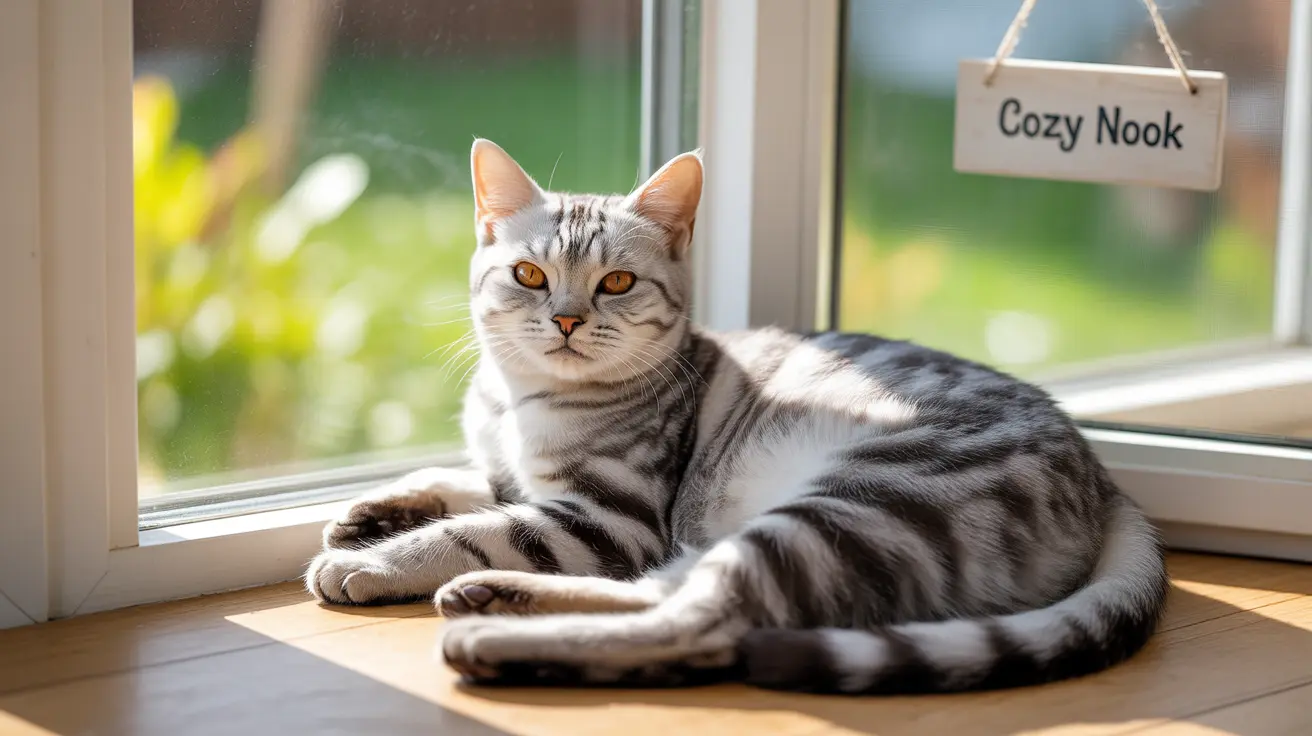If you're a proud owner of a tabby cat or considering adopting one, understanding their life expectancy is crucial for providing the best possible care. Tabby cats, known for their distinctive striped patterns, have fascinating longevity potential that's worth exploring in detail.
While tabby cats aren't actually a specific breed but rather a coat pattern, their life expectancy generally aligns with that of typical domestic cats. However, several factors can significantly influence how long these beloved pets live, and some have even broken longevity records.
Understanding Tabby Cat Lifespan Basics
The average tabby cat life expectancy typically ranges from 12 to 15 years, though many can live well into their late teens or early twenties with proper care. This longevity is comparable to other domestic cats and is influenced by various factors, including genetics, environment, and healthcare.
Some tabby cats have demonstrated remarkable longevity, with documented cases of cats living into their 30s. The current record holder for the oldest cat ever, Creme Puff, lived to an astonishing 38 years and 3 days, proving that exceptional care can lead to extraordinary lifespans.
Indoor vs. Outdoor Living Impact
One of the most significant factors affecting tabby cat life expectancy is whether they live indoors or outdoors. Indoor tabby cats typically enjoy significantly longer lives, often reaching 13-17 years of age. In contrast, outdoor cats face numerous risks that can dramatically reduce their lifespan to just 2-5 years.
Indoor cats benefit from protection against:
- Traffic accidents
- Predator encounters
- Exposure to diseases
- Parasitic infections
- Extreme weather conditions
Health Factors Affecting Longevity
Several health-related factors can significantly impact a tabby cat's lifespan:
Genetic Influences
Tabby cats often benefit from genetic diversity, especially if they're mixed-breed cats. This hybrid vigor can contribute to better overall health and longevity compared to some purebred cats.
Diet and Nutrition
Proper nutrition plays a crucial role in extending a tabby cat's life. A balanced diet rich in high-quality protein, appropriate moisture content, and essential nutrients can help prevent common age-related health issues.
Preventive Healthcare
Regular veterinary check-ups, vaccinations, and dental care are essential for maximizing your tabby's lifespan. Early detection and treatment of health issues can significantly impact longevity.
Tips for Maximizing Your Tabby's Lifespan
To help your tabby cat live a long, healthy life, consider these proven strategies:
- Maintain a consistent feeding schedule with high-quality cat food
- Provide fresh water daily
- Schedule regular veterinary check-ups
- Keep your cat at a healthy weight
- Ensure proper dental hygiene
- Provide mental and physical stimulation
- Create a safe, enriching indoor environment
The Impact of Spaying and Neutering
Research shows that spayed or neutered tabby cats typically live longer than their unaltered counterparts. This surgical procedure not only prevents unwanted litters but also reduces the risk of certain cancers and behavioral issues that could impact longevity.
Frequently Asked Questions
What is the average life expectancy of a tabby cat compared to other domestic cats?
Tabby cats have the same life expectancy as other domestic cats, typically 12-15 years. Their coat pattern doesn't affect their lifespan; rather, their overall health, care, and living conditions determine longevity.
How does keeping a tabby cat indoors versus outdoors affect its lifespan?
Indoor tabby cats typically live 13-17 years, while outdoor cats often only survive 2-5 years due to increased risks from accidents, diseases, and predators.
Do genetics or specific breeds influence the longevity of tabby cats?
While the tabby pattern itself doesn't affect lifespan, mixed-breed tabby cats often benefit from hybrid vigor, potentially leading to better health and longevity compared to some purebreds.
What are the best diet and care practices to maximize a tabby cat's lifespan?
Provide high-quality cat food, regular veterinary care, maintain dental hygiene, ensure proper hydration, and create an enriching indoor environment with plenty of physical and mental stimulation.
How much longer do neutered or spayed tabby cats typically live compared to unaltered ones?
Spayed or neutered tabby cats typically live significantly longer than unaltered cats, with studies showing they have 4.29 times better odds of avoiding early death compared to intact cats.






